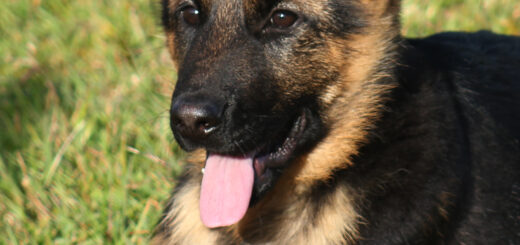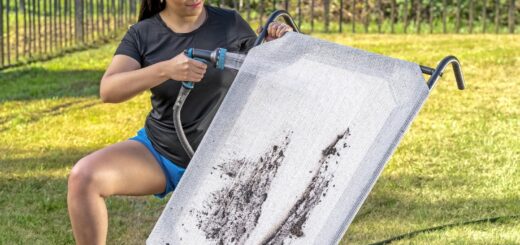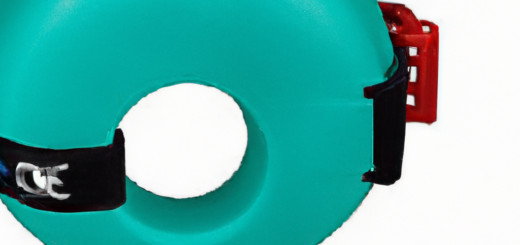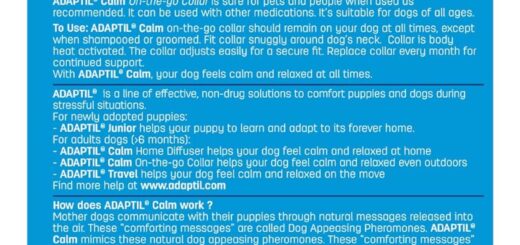Canine Dental Care: Maintaining Your Dog’s Oral Health
Keeping your dog’s oral health in check is crucial for their overall wellbeing. Just like humans, dogs can suffer from dental problems that, if left untreated, can lead to pain, infections, and even organ damage. Regular dental care for your furry friend is essential to prevent these issues and ensure they have a healthy and happy life. From brushing their teeth to providing dental chews and scheduling professional cleanings, there are various ways you can maintain your dog’s oral health and keep their smile shining bright.
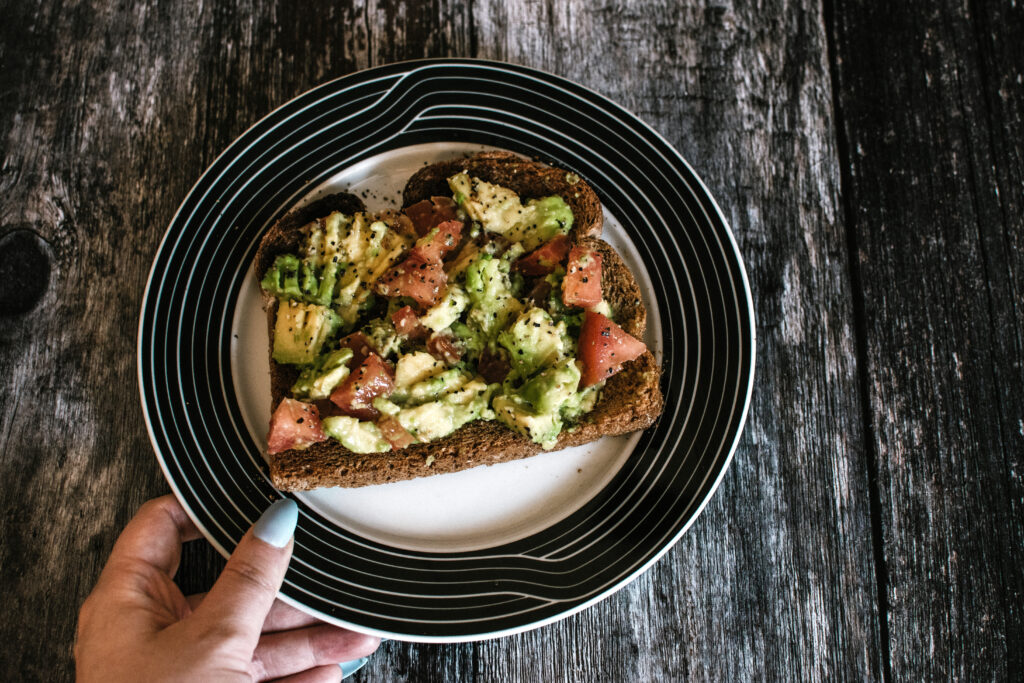
This image is property of images.pexels.com.
Importance of Canine Dental Care
Taking care of your dog’s dental health is crucial for ensuring their overall well-being. Just like humans, dogs can also suffer from dental problems that can lead to pain, discomfort, and even serious health issues. By prioritizing canine dental care, you can prevent dental diseases, promote your dog’s overall health, and say goodbye to unpleasant doggy breath.
Prevent Dental Diseases
Regular dental care can help prevent the development of dental diseases in your furry friend. One of the most common dental problems in dogs is periodontal disease, which is characterized by inflammation and infection of the gums. If left untreated, periodontal disease can lead to tooth loss and even infection in other parts of the body, such as the heart, liver, and kidneys. By maintaining your dog’s oral hygiene, you can significantly reduce the risk of periodontal disease and other dental ailments.
Promote Overall Health
Believe it or not, maintaining your dog’s oral health can have a positive impact on their overall well-being. Poor dental hygiene can lead to the spread of bacteria and infections, which can cause serious health issues beyond the mouth. Bacteria from dental diseases can enter the bloodstream and affect vital organs, leading to complications and discomfort for your furry friend. By prioritizing your dog’s dental care, you can help them live a healthier and happier life.
Prevent Bad Breath
Nobody wants to be greeted by unpleasant doggy breath! While bad breath can be common in dogs, it is often a sign of dental problems. Regular dental care can help combat bad breath by preventing plaque buildup and reducing the risk of gum diseases. By keeping your dog’s teeth and gums clean, you can ensure fresh breath and enjoy cuddles without worrying about an unpleasant odor.
Common Dental Problems in Dogs
Understanding the common dental problems that dogs can face is essential for identifying any potential issues and seeking prompt treatment. Here are some of the most common dental problems in dogs:
Periodontal Disease
Periodontal disease is a progressive and painful condition that affects the gums and other structures surrounding the teeth. It occurs when plaque and tartar accumulate on the teeth, leading to inflammation and infection. If left untreated, periodontal disease can lead to tooth loss, bone damage, and systemic infections. Regular dental care, including professional cleanings, can help prevent and manage periodontal disease in your dog.
Gingivitis
Gingivitis is the early stage of periodontal disease and is characterized by inflammation of the gums. It often manifests as red, swollen, and bleeding gums. If not addressed, gingivitis can progress to more severe forms of periodontal disease. Regular brushing and professional cleanings can help prevent and treat gingivitis, ensuring your dog’s gums stay healthy.
Tooth Decay
Tooth decay, also known as dental caries, is not as common in dogs as it is in humans but can still occur. It is primarily caused by a combination of poor dental hygiene, a high-sugar diet, and certain health conditions. Tooth decay can lead to pain, sensitivity, and even tooth loss. Regular dental care, including brushing and regular vet check-ups, can help prevent tooth decay in dogs.
Malocclusion
Malocclusion refers to misalignment and irregular positioning of the teeth, either due to genetic factors or dental trauma. It can cause problems with eating, chewing, and can even lead to pain and discomfort. While some cases of malocclusion require orthodontic treatment, regular dental care can help minimize the development of related dental issues.

This image is property of images.pexels.com.
Signs of Dental Problems
Detecting dental problems in dogs can sometimes be challenging, as they are experts at hiding discomfort. However, by being attentive to their dental health and looking out for certain signs, you can catch dental issues early and seek appropriate treatment. Here are some common signs of dental problems in dogs:
Bad Breath
One of the most apparent signs of dental problems in dogs is bad breath. If your furry friend’s breath has an unpleasant odor that persists even after brushing their teeth, it may indicate dental issues such as plaque buildup, gum disease, or infection. Regular dental care can help freshen your dog’s breath and ensure optimal oral health.
Visible Tartar
Tartar buildup on your dog’s teeth can be a clear indication of poor dental hygiene and potential dental problems. Tartar appears as a yellowish-brown substance that accumulates on the teeth, near the gum line. Regular brushing and professional cleanings can help remove tartar and prevent further dental issues.
Drooling
While drooling is normal in dogs, excessive drooling can be a sign of dental problems. If you notice an increase in drooling, particularly accompanied by other signs such as difficulty eating or discomfort, it is essential to have your pup’s teeth and gums examined by a veterinarian.
Loss of Appetite
Dental problems can cause pain and discomfort while eating, leading to a loss of appetite or changes in eating habits. If your dog suddenly starts avoiding their food or shows signs of discomfort while chewing, it could indicate dental issues that need attention.
Steps to Maintain Your Dog’s Oral Health
Caring for your dog’s teeth and gums doesn’t have to be a daunting task. By following some simple steps, you can ensure optimal oral health for your furry friend and keep dental problems at bay.
Regular Brushing
Brushing your dog’s teeth regularly is crucial for maintaining their dental health. It is best to start brushing their teeth as early as possible to get them accustomed to the process. Use a dog-friendly toothbrush and toothpaste to gently brush their teeth in small circular motions. Aim to brush your dog’s teeth at least two to three times a week to remove plaque and prevent tartar buildup.
Use Dental Chews and Toys
Dental chews and toys can be an excellent addition to your dog’s oral care routine. These specially designed items help reduce plaque, strengthen teeth, and freshen breath. Look for dental chews and toys that are safe, durable, and designed to promote good oral health.
Professional Dental Cleanings
Regular professional dental cleanings by a veterinarian are essential for maintaining your dog’s oral health. These cleanings involve a thorough examination of your dog’s teeth and gums, removal of tartar and plaque, and polishing the teeth. Professional cleanings are typically recommended annually or as advised by your vet.

This image is property of images.pexels.com.
Choosing the Right Dog Dental Products
Choosing the right dental care products for your dog can make a significant difference in their oral health. Here are some considerations when selecting dog dental products:
Toothbrush and Toothpaste
Invest in a toothbrush specifically designed for dogs. These toothbrushes usually have soft bristles and a long handle to make brushing easier. Additionally, use a toothpaste formulated for dogs, as human toothpaste can be toxic to them. Dog toothpaste comes in different flavors, making it more enticing for your furry friend.
Dental Chews
Dental chews are a fantastic way to promote good oral health and keep your dog entertained at the same time. Look for dental chews that are made of high-quality ingredients and are appropriately sized for your dog’s breed and chewing habits. Avoid chews that are too hard or can splinter, as they can cause dental fractures or other injuries.
Water Additives
Water additives can be a convenient addition to your dog’s dental care routine. These additives are typically added to your dog’s water bowl and work to fight plaque, freshen breath, and promote overall dental health. Make sure to choose a water additive that is specifically formulated for dogs and follow the recommended dosage.
Proper Brushing Technique
Brushing your dog’s teeth may seem like a daunting task, especially if your furry friend is not used to the process. However, with patience and a proper technique, you can make brushing a positive and enjoyable experience for both of you. Here’s how:
Introducing Your Dog to Brushing
When introducing your dog to brushing, start by letting them sniff and lick the toothpaste. This helps them get familiar with the taste and texture. Gradually, introduce the toothbrush by placing a small amount of toothpaste on it. Allow your dog to lick the toothpaste off the brush to create a positive association. Once they are comfortable, gently brush their teeth using small circular motions.
Brushing Frequency
Ideally, you should aim to brush your dog’s teeth at least two to three times a week. However, if your dog is prone to dental problems or has a history of dental issues, you may need to brush their teeth more frequently as advised by your vet. Consistency is key when it comes to dental care, so try to establish a regular brushing routine.
Brushing Techniques
When brushing your dog’s teeth, focus on the outer surfaces of the teeth as that’s where plaque tends to accumulate the most. Use gentle, circular motions to clean each tooth thoroughly. Be patient and go at a pace that your dog is comfortable with. Remember to praise and reward your dog for their cooperation to make brushing a positive experience.
Home Remedies for Dog’s Dental Care
Aside from regular brushing and professional cleanings, some home remedies can help support your dog’s dental care routine. Here are a few natural remedies you can try:
Coconut Oil
Coconut oil has antibacterial and anti-inflammatory properties, making it a natural choice for maintaining your dog’s oral health. You can apply a small amount of coconut oil to your dog’s teeth and gums or mix it with their food. Coconut oil can help fight bacteria, reduce inflammation, and freshen breath.
Diluted Apple Cider Vinegar
Apple cider vinegar is another natural remedy that can help with your dog’s dental care. However, it is crucial to dilute it with water before using it. You can mix one part apple cider vinegar with two parts water and use a soft cloth or gauze to gently rub the mixture on your dog’s teeth and gums. Apple cider vinegar can help fight bacteria and prevent plaque buildup.
Parsley
Parsley is a natural breath freshener and can help combat bad breath in dogs. You can either sprinkle fresh, finely chopped parsley on your dog’s food or brew it into a tea and use it as a rinse for their mouth. Parsley can help freshen breath and promote good oral hygiene.
Preventing Dental Problems in Puppies
It’s never too early to start taking care of your puppy’s dental health. Establishing good oral care habits from a young age can set them up for a lifetime of healthy teeth and gums. Here are some ways to prevent dental problems in puppies:
Early Introduction to Dental Care
As soon as you bring your puppy home, start getting them accustomed to having their teeth and gums touched. Begin by gently rubbing their gums and teeth with a soft cloth or gauze. Gradually progress to using a finger brush and then introduce them to a toothbrush and dog-friendly toothpaste. By making dental care a part of their routine from the beginning, you can help prevent dental issues in the long run.
Regular Vet Check-ups
Regular visits to the veterinarian are essential for monitoring your puppy’s dental health. Your vet will perform comprehensive dental check-ups and provide guidance on proper dental care. Early detection of any potential issues can prevent them from progressing into more severe problems.
Monitoring Diet
Your puppy’s diet plays a significant role in their dental health. Feed them a balanced diet that includes appropriate amounts of nutrients, vitamins, and minerals. Avoid feeding them high-sugar or sticky foods, as these can contribute to the development of dental problems. Additionally, provide them with appropriate chew toys and dental treats to promote dental health.
Dental Care for Senior Dogs
As your dog enters their golden years, their dental care needs may change. Senior dogs are more prone to dental problems, so it is crucial to prioritize their oral health. Here are some considerations for dental care in senior dogs:
Increased Dental Check-ups
Regular dental check-ups become even more important as your dog ages. Your veterinarian will be able to assess any changes in their dental health and provide appropriate treatment. Regular cleanings may also be recommended to remove plaque and keep their teeth and gums healthy.
Soft Diet Considerations
Senior dogs may have more difficulty chewing hard foods, especially if they have dental issues. Consider switching to a soft or moist diet that is easier to eat and promotes good digestion. Ensure that the diet is still nutritionally balanced and meets your dog’s specific needs.
Regular Teeth Cleaning
Just like with younger dogs, regular teeth cleanings are crucial for senior dogs. Dental cleanings remove plaque, tartar, and bacteria that may be causing discomfort or leading to dental diseases. Your veterinarian will be able to recommend the appropriate frequency for cleanings based on your dog’s dental health.
Final Thoughts
Maintaining your dog’s oral health is essential for their overall well-being. By preventing dental diseases, promoting their overall health, and preventing bad breath, you can ensure that your furry friend has a healthy and happy smile. From regular brushing and professional cleanings to choosing the right dental products and incorporating natural remedies, there are numerous ways to keep your dog’s teeth and gums in great shape. Remember, a little effort and care on your part can go a long way in ensuring your dog’s dental health throughout their life.


